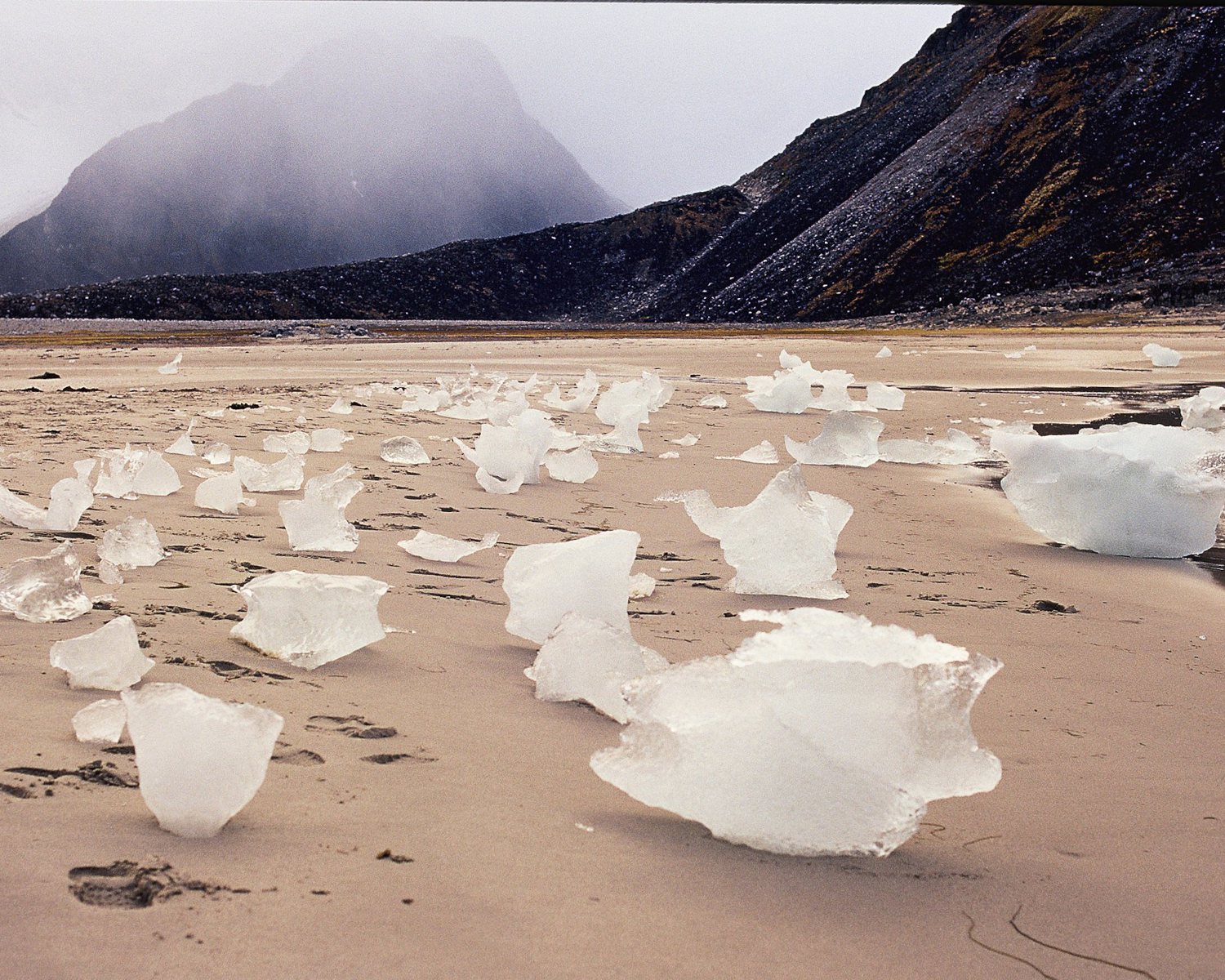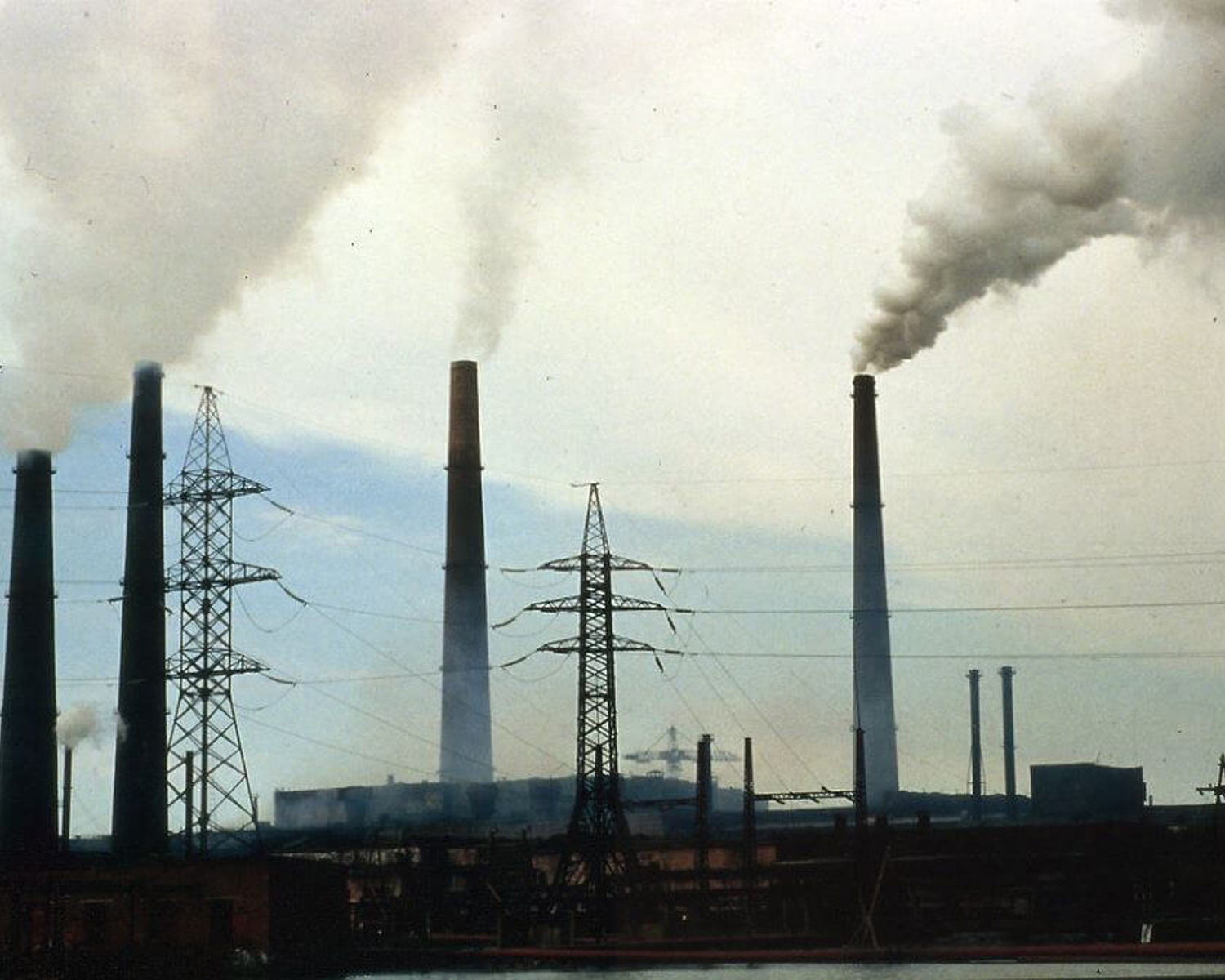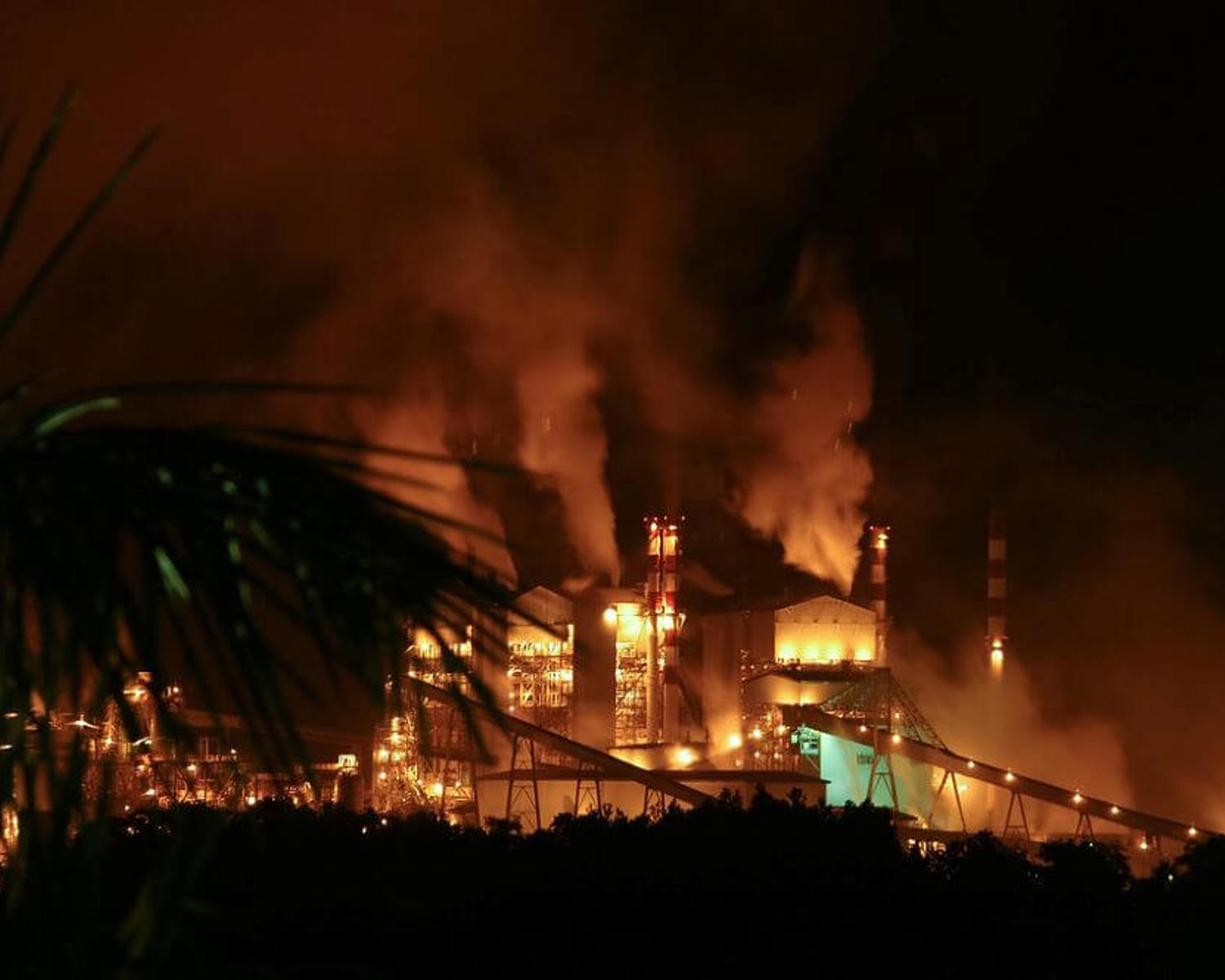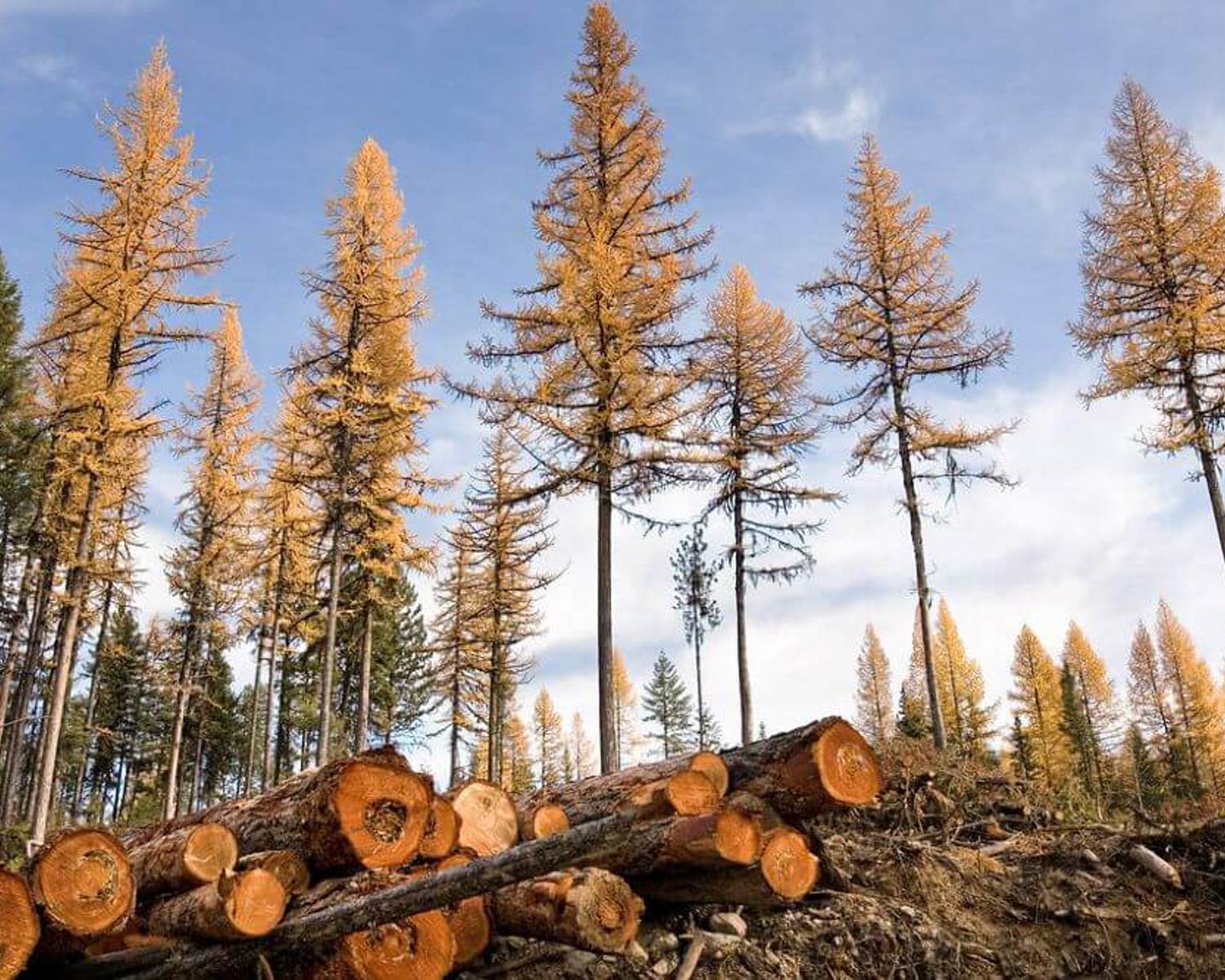
Arctic methane capture and usage
Some have suggested that it might be possible to capture methane or methane hydrates and transform it into useful materials.


Some have suggested that it might be possible to capture methane or methane hydrates and transform it into useful materials.

Passive daytime radiative cooling (PDRC) promises to provide energy free cooling through thermally-emissive surfaces that reflect incoming solar radiation whilst simultaneously enhancing longwave heat transfer to space through the infrared window of the atmosphere (8–13 µm) (Yin et al. 2020).


Black Carbon (BC), also known as soot, is produced through the incomplete combustion of fossil fuels and biomaterials. Apart from its negative health impacts, BC also has significant climate effects because it generally has a lower albedo than its surroundings, which increases the amount of radiation absorbed both when BC is present in the atmosphere and when it is deposited on land (Stjern et al. 2017). Due to the large albedo differences, the effects of BC are especially significant in areas that are normally covered in snow or ice (Hadley and Kirchstetter 2012; Sand et al. 2016; Kang et al. 2020).

Bio-Energy with Carbon Storage (BECCS) offers a nature-based way to remove CO2 from the atmosphere by consuming biomaterial and removing the remaining carbon residues from the carbon cycle.